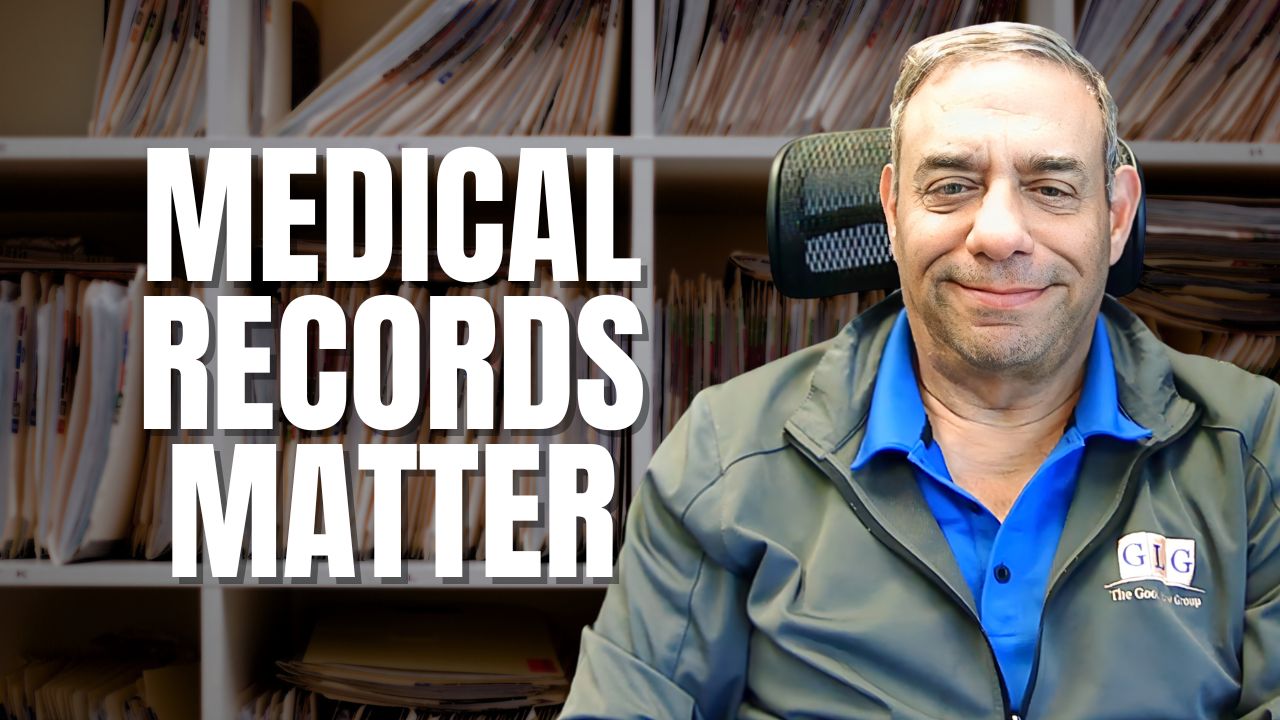If you receive Social Security Disability Insurance (SSDI) benefits, certain members of your family may be eligible for dependent benefits. Eligible dependents can receive up to 50% of your monthly SSD benefit, to a family maximum of 150% – 180%. If the total amount of benefits paid to all family members, including the SSD recipient, exceeds the family maximum, each dependent’s benefit amount will be reduced proportionately to remain within the cap. The disabled recipient’s monthly benefit amount will not be reduced. It is important to note that dependent benefits are only paid to SSDI recipients. There are no dependent benefits associated with Social Security Income (SSI).
What is a dependent?
A dependent is any individual (or individuals) who relies on the disabled recipient’s income as their primary source of support. Dependents may include the recipient’s spouse, minor children, adult disabled children, ex-spouse and, in some instances, the recipient’s parents (though we will only focus on the first three dependent categories here). Different rules apply to each category of dependents when it comes to determining whether the individual is eligible to receive dependent benefits.
Spouse dependent benefits
The spouse of an SSD recipient is eligible to receive SSD dependent benefits under either one of two scenarios.Your spouse will be eligible for dependent benefits if he or she is age 62 or older. However, the spouse will not be entitled to receive dependent benefits if his or her own monthly social security benefits, based on earnings, is higher than the dependent benefit amount.
A spouse will also be eligible for dependent benefits, regardless of age, if he is caring for your child who is either:
- Under the age of 16, or
- Disabled and receiving SSD benefits.
Once your child turns 16, your spouse will no longer be eligible to receive dependent benefits until reaching age 62 (or age 60 to receive survivor benefits as a widow or widower).
Minor children dependent benefits
If you have minor children, they will be eligible to receive dependent benefits if they are unmarried and meet one of the following criteria:
- Are under age 18, or
- Are age 18 or 19 and a full-time student
Dependent benefits end when the child turns 18, unless he is enrolled in an elementary or secondary school program (i.e., not college). If your child is enrolled in school, his dependent benefits will end when he graduates from school or two months after his 19 th birthday, whichever occurs first.
Adult children dependent benefits
Unmarried adult children (over the age of 18) of SSD recipients are eligible for dependent benefits if they have a disability that occurred prior to turning age 22. For example, if your child was born with cerebral palsy and meets the SSA’s definition of disability, he will be entitled to receive dependent benefits. If, however, your child was involved in a car accident at age 31 that left him permanently disabled, he would not be eligible for dependent benefits.
Ex-spouse dependent benefits
If you and your ex-spouse were married for 10 or more years, she may be eligible to receivedependent benefits based on your SSD eligibility. Your ex-spouse may be eligible even though you have remarried; however, any dependent benefit payable to your ex-spouse will in no way decrease the benefits payable to your current spouse.
In order to receive dependent benefits, your ex-spouse must be:
- Age 62 or older;
- Unmarried, and;
- Ineligible for an increased social security benefit from her own, or another person’s,
- record.
Have you applied for SSD benefits of are you seeking SSD benefits? Consider the Law Office of Neil H. Good for your representation. Call #(847) 577-4476 or complete this online evaluation form.








